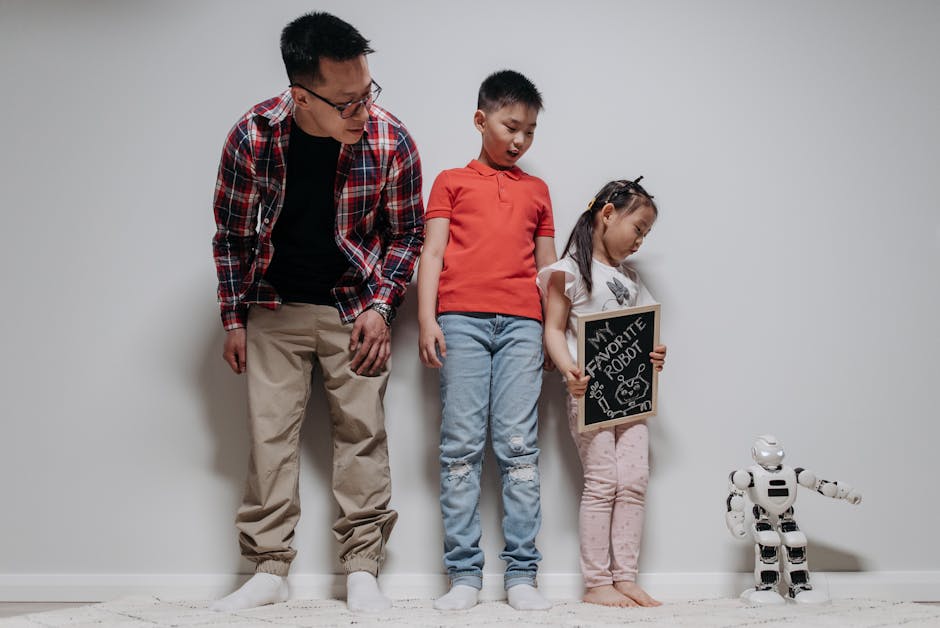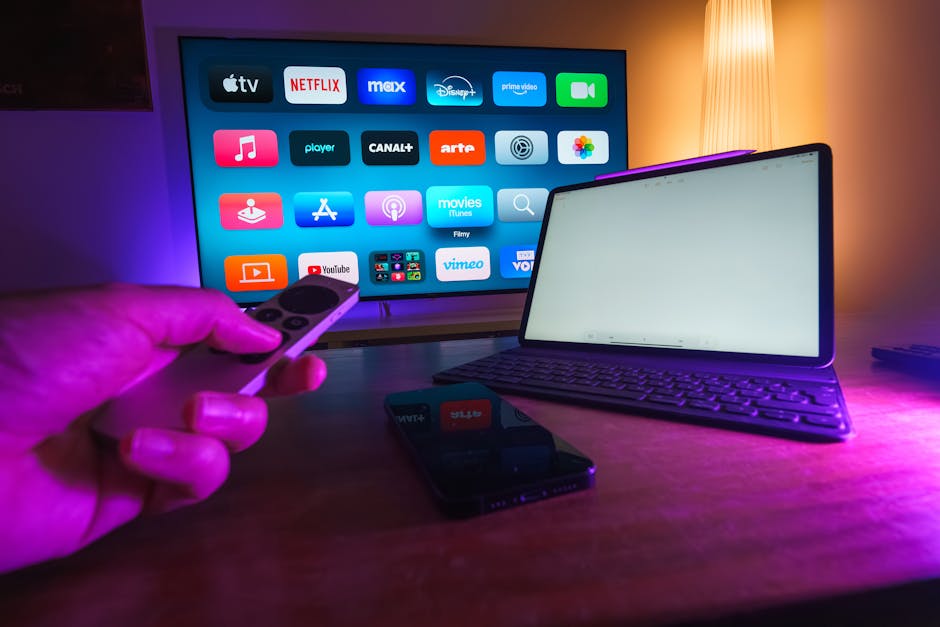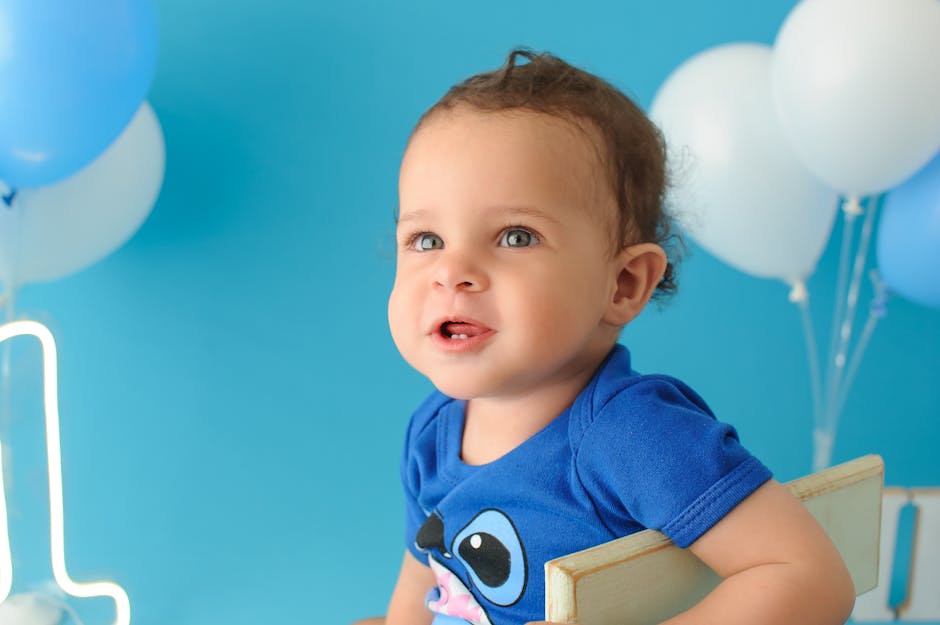Zelda Williams’ Emotional Plea to Fans
The legacy of the late Robin Williams, one of the most beloved comedians and actors of all time, continues to inspire millions. However, his daughter, Zelda Williams, is now asking fans to respect her family’s privacy amid a troubling trend: the rise of AI-generated videos featuring her father’s likeness.
In a heartfelt message shared on her social media accounts, Zelda expressed her distress over the growing number of AI-generated clips that recreate her father’s voice and image. These videos, often created using deepfake technology, have been circulating online, with fans sending them directly to her. While the intentions behind these creations may stem from admiration for Robin Williams, Zelda made it clear that they are causing her emotional pain.
The Ethical Dilemma of AI Recreations
“These AI recreations are, at best, a poorly executed facsimile of far greater people,” Zelda wrote. “At worst, they are a horrendous Frankensteinian monster, cobbled together from the worst bits of everything this industry is, instead of what it should stand for.”
Zelda’s plea highlights the ethical dilemmas surrounding the use of AI to replicate deceased celebrities. While technology has made it possible to recreate iconic figures like Williams with startling accuracy, it also raises questions about consent, ownership, and the emotional toll on their families. Robin Williams, who passed away in 2014, left behind a legacy of laughter and profound performances, but his family has repeatedly emphasized the importance of honoring his memory with dignity.
The Broader Impact of Deepfake Technology
The rise of deepfake technology has sparked debates across the entertainment industry and beyond. While some argue that it offers a way to preserve and celebrate the work of departed artists, others, like Zelda, see it as a violation of their legacy and personal boundaries. “I’ve already heard ‘But he would’ve loved it!’ No, he wouldn’t have,” she wrote, addressing those who might justify the AI recreations. “He would’ve been horrified by this. You’re making it harder to remember my father as he was, not as you want him to be.”
Zelda’s statement also serves as a broader call to action for the responsible use of AI technology. She urged fans and creators alike to consider the human impact of their actions, especially when dealing with sensitive topics like the representation of deceased loved ones. “This isn’t just about my father,” she added. “It’s about all the artists and individuals whose legacies are being exploited without their consent.”
Honoring Robin Williams’ Legacy
The Williams family has long been vocal about the importance of mental health advocacy, a cause that Robin Williams championed during his life. Zelda’s message underscores the emotional strain that such AI recreations can have on grieving families. “Please, let me remember my father in peace,” she concluded. “Let his legacy be one of joy and humanity, not of algorithms and pixels.”
As the conversation around AI and its ethical implications continues to evolve, Zelda’s plea serves as a poignant reminder of the human stories behind the technology. While innovation can be a powerful tool, it must be wielded with care and respect for those it affects.
For now, fans of Robin Williams can honor his memory by revisiting his timeless performances and supporting the causes he cared about, rather than engaging with AI recreations that cause pain to his loved ones. As Zelda reminded us all, “Remembering him as he was is the greatest tribute we can give.”
What are your thoughts on the use of AI to recreate deceased celebrities? Share your opinions in the comments below, and let’s keep the conversation respectful and thoughtful.




